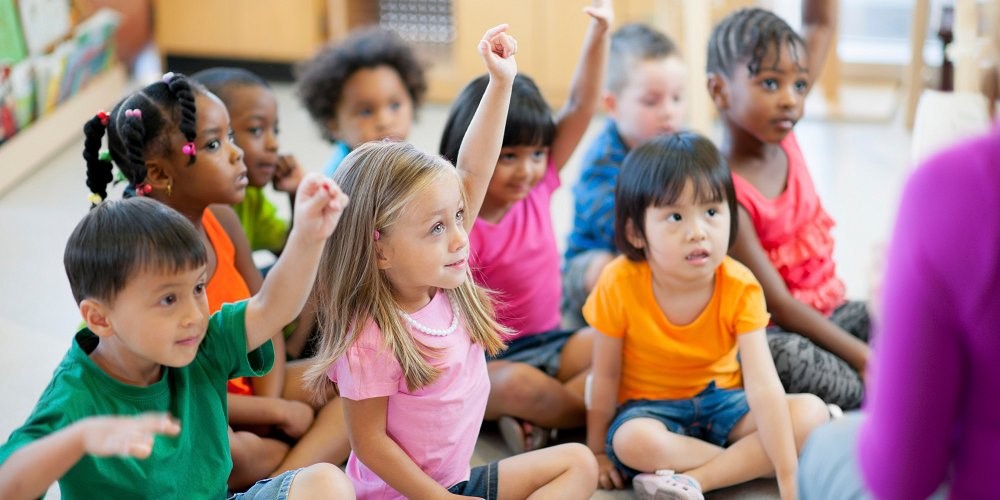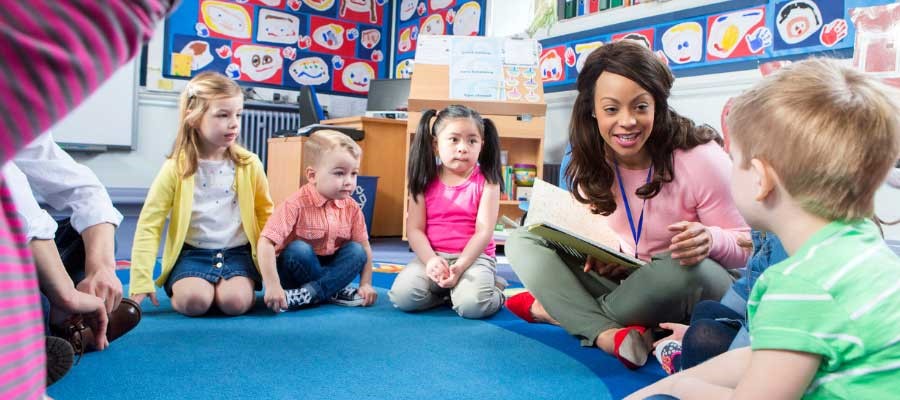Whether it’s referred to as pre-kindergarten, pre-school, daycare or early education, an early start in education process holds significant benefits for children. It prepares them for a smooth transition into elementary school, forms a solid base of learning potential for the future and makes a positive impact on children by giving them a head start into a bright future.
Research shows that young children are like earning sponges and they absorb every new piece of information and new experience which becomes a great investment in their future learning process. It’s important to adopt a wholesome approach to early childhood education as it will mould the child’s learning persona and set them on a lifelong educational journey.
These are some of the greatest benefits early education brings.
Socialization skills
One of the essential foundational elements to all other educational benefits is socialization with people outside the child’s family. We as parents, can see and understand the importance of exposing our children to other kids and support of their search for friendships in their own groups. This is what helps children overcome their shyness, develop their self-confidence and social skills.
Being part of a young learning community also gives the children the opportunity to value difference and diversity by teaching them to appreciate and accepts differences and uniqueness of people’s ethnicity, culture and belief. It helps in their social development and helps them become accomplished contributors to society.
Resilience
Developing resilience in children is one of the most important tasks of early education and it should include joint efforts of educators and parents. By providing a fair, secure and consistent learning environment with clearly set goals and expectations, as well as predictable consequences, children will be able to develop valuable skills that will help them manage their own emotions.
It’s essential that a child is offered a challenging environment where they can learn through first-hand experiences and hit a few bumps and snags along the road. Learning how to deal with failures and losses is necessary for building a base of coping strategies for future challenges in life. As they grow and continue to learn, children will be encouraged to persevere in their efforts and will be inspired to learn with eagerness and enthusiasm.
It’s also very important to teach them to recognise they may need help in overcoming certain difficulties in learning, so they would view their maths tutoring sessions as or lessons in any other difficult area as yet another way to successfully deal with challenges. This will also instil a life-long love for learning, discovery, reading and problem-solving.
Learning cooperation
Getting an early start in education guided by dedicated and creative professionals will help a child learn how to cooperate, share, take turns and persist in a safe learning environment. This is particularly crucial for a first-born child as they still haven’t developed a habit of sharing with their siblings, so it’s important to start learning early.
Many learning activities in early educational stages are designed so they promote teamwork since this is what can teach children respect of others and their opinions, equality, listening skills and cooperation. A child that learns how to work together with others will one day, become an adult who is more socially attuned and employable.
Parental influence is undeniable, but introducing your child to an early educational environment offers a new perspective in the learning process that stays with them throughout their educational journey. Moreover, it shows how much you as their parent, value their education in general.
Patience and concentration
In the everyday life of adults, our patience is constantly tested so it’s important for children to learn how to behave in various social situations where they will experience the same. This is how they can explore and practice their own social skills of patience and learn how to wait for their turn.
In the learning process, children will have to share their teacher’s attention, one of their cute plush toys, a book and wait in line for a game or their turn to present something. It’s crucial they learn how to balance their abundant energy and imagination with the ability to listen, follow instructions, take part in group activities and attend to tasks. Learning this at an early age can help significantly in developing crucial life skills of concentration and patience.
Self-esteem and confidence
Positive interactions with teachers and other children in a safe learning environment will promote a positive and healthy view of oneself that will encourage a child to freely and confidently approach problems and situations throughout their lives.
Early education can help create a strong sense of well-being in children that can develop their self-esteem, confidence and optimism and encourage them to keep exploring their talents, interests and skills.
Children’s early experiences and their social, emotional and physical development deeply affect their future and investing in those aspects will maximize their chances of becoming confident, accomplished and happy individuals.






Like this article? Share with your friends!